Thousands of South Korean workers rally in support of truckers
Thousands of South Korean workers representing organized labor have held a rally near the National Assembly in Seoul in support of the ongoing strike by truckers.
The marchers, mostly members of the Korean Confederation of Trade Unions (KCTU), on Saturday accused President Yoon Suk-yeol’s government of labor oppression and ignoring what they called the truckers’ harsh work conditions and financial struggles, worsened further by rising fuel costs.
“We’re told to stop the fight (strike) and get back to work because the knock-on effects on the economy are too serious. However, if you think about it in reverse, it means that the truckers have not been paid enough, despite their huge influence on the national economy,” said Han Sang-jin, spokesperson for the KCTU.
“The government is taking a hardline stance while avoiding their responsibilities. Also they've been constantly raising the tension and threatening us while making attempts to separate us from the people. Therefore, for now, it is important to change the government’s position,” Han said.
The protests have so far caused huge disruptions in the country's supply chain and an estimated loss amounting to 1.6 trillion won ($1.23 billion) in lost shipments, according to the industry ministry.
The government on Tuesday issued an order for some 2,500 cement truck drivers to return to work, saying that their walkout is rattling the national economy.
It has also said it would not expand a minimum pay system for truckers beyond a further three years, which the union says should be permanent and wider in scope. Truckers who refuse to get back on the road after a "start work" order can be fined, jailed, or lose their licenses.
Last week, Yoon warned that the government might step in to break up the strike, as he referred to the South Korean law that gives the government the authority to force transport workers back to their jobs during any serious disruptions.
Launched on November 24, the strikes are aimed at disrupting supply chains across the world’s 10th-largest economy, with protesters seeking better pay and working conditions.
The walkout has caused heavy losses to many industries including the steel sector, the cement industry, and the automaker industry.
The cement industry sustained an output loss of an estimated 19 billion won ($14.26 million) on Thursday, after shipments slumped to less than 10,000 tonnes due to the strike.
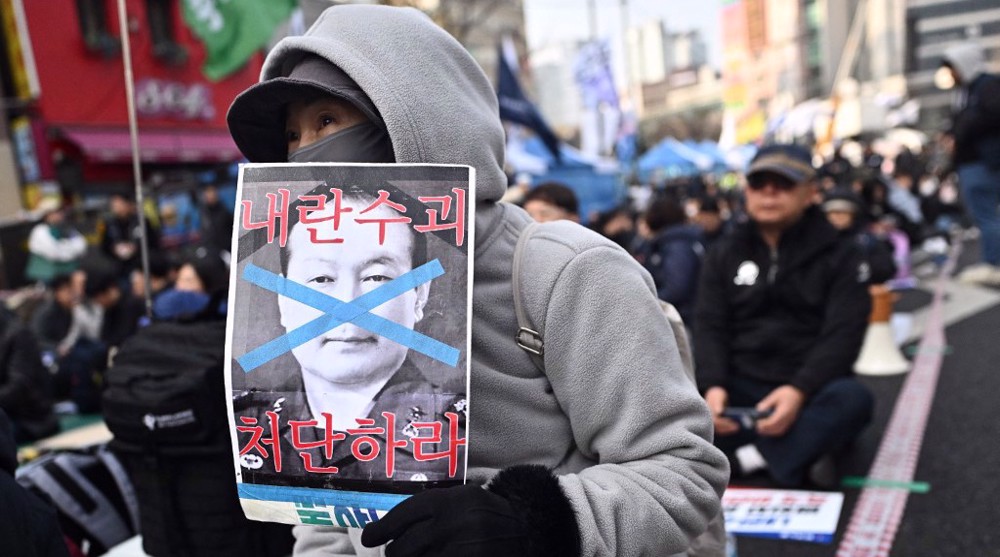
South Korea's court removes president over martial law controversy
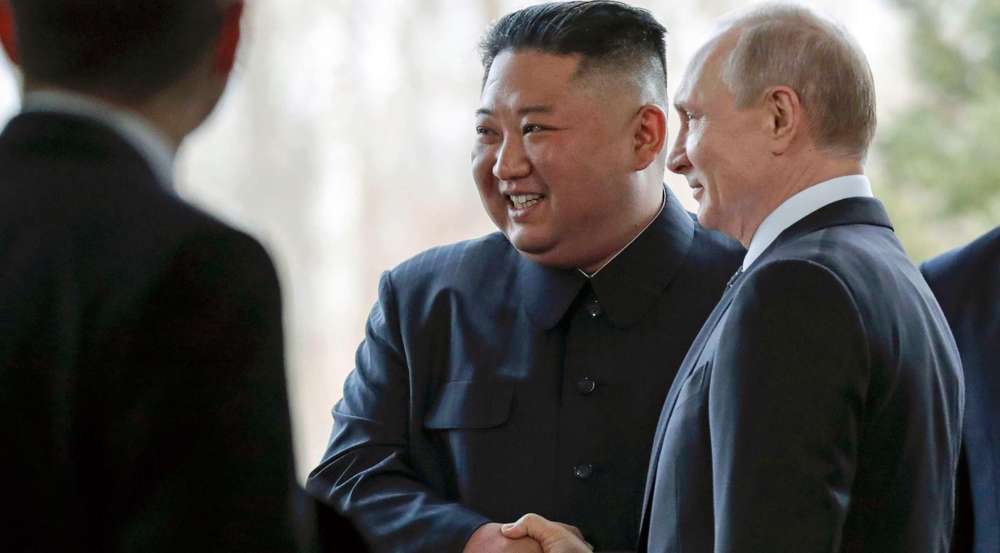
Official: Russia preparing for visit by North Korean leader

'Unprecedented damage': 24 killed in South Korea's worst wildfire
More Palestinians killed as Israel intensifies 'dismembering' Gaza
Indonesia's Gaza intervention: A humanitarian gesture or a strategic trap?
Gen. Qa'ani: US, Israel 'powerless in practice' against Iran, resistance
VIDEO | Press TV's news headlines
Leader’s aide warns of Iran's 'deterrent measures' against IAEA
China enacts tariffs, says Trump’s trade war ‘will end in failure’
Sudan takes UAE to World Court over 'genocide' in Darfur
Ex-official: US cares about human rights only to target adversaries


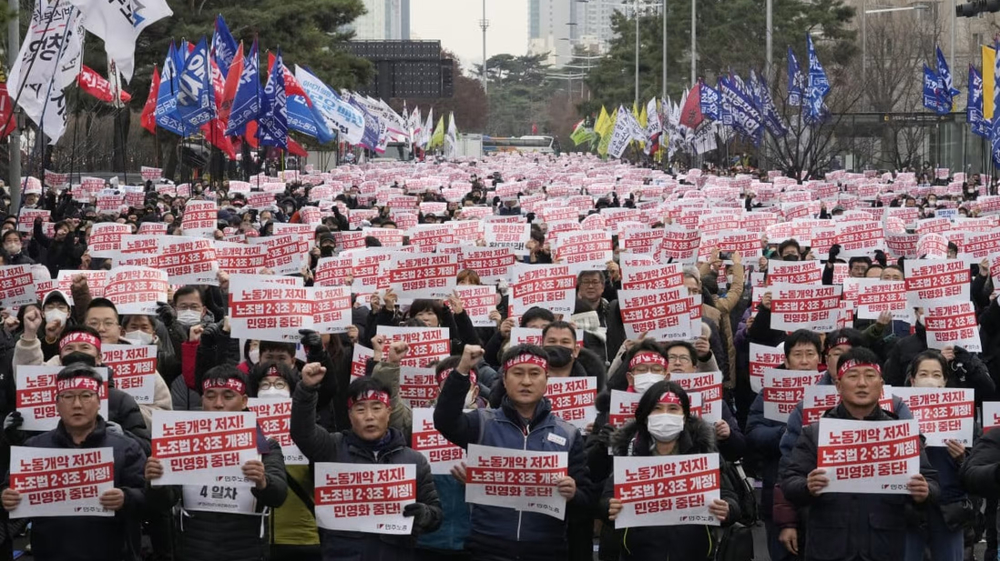
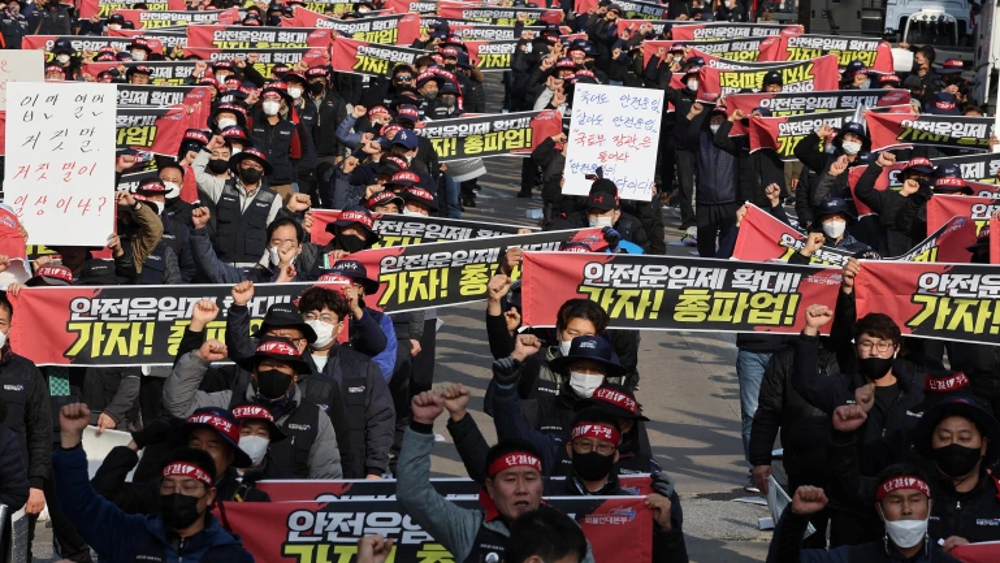



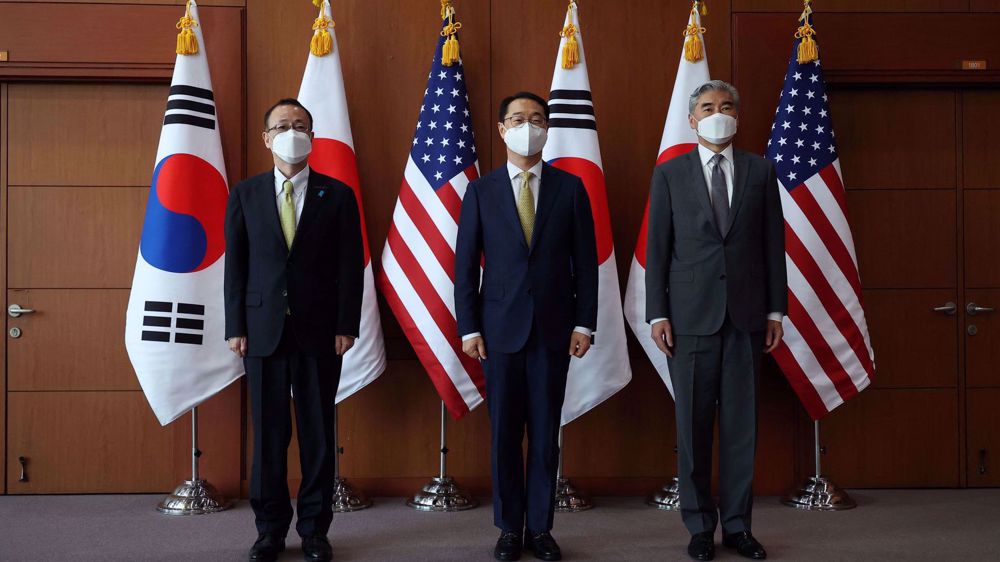
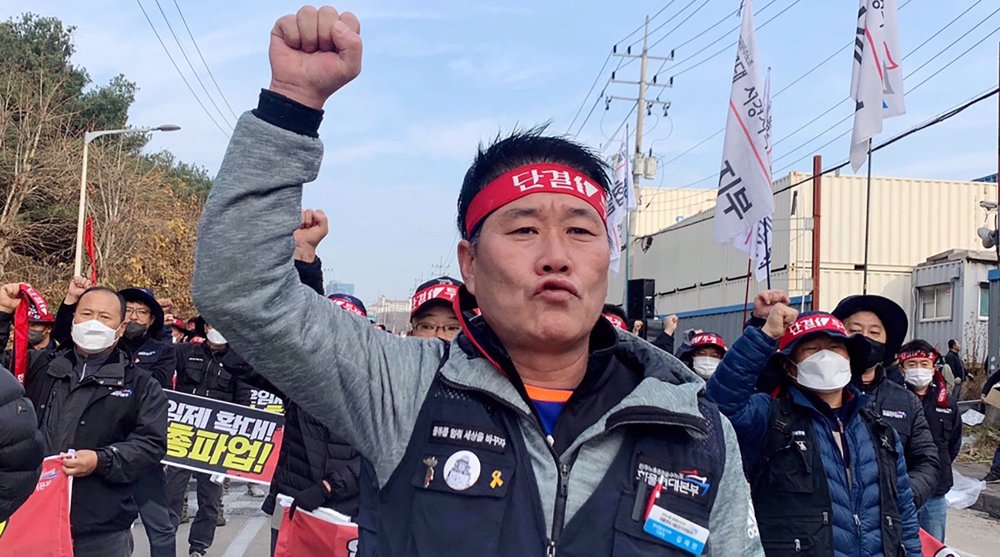
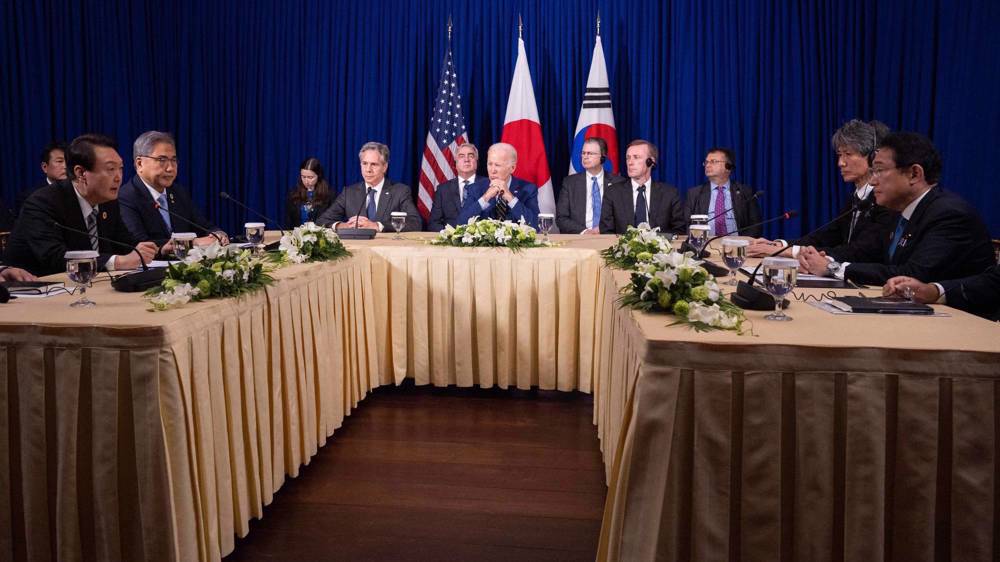

 This makes it easy to access the Press TV website
This makes it easy to access the Press TV website